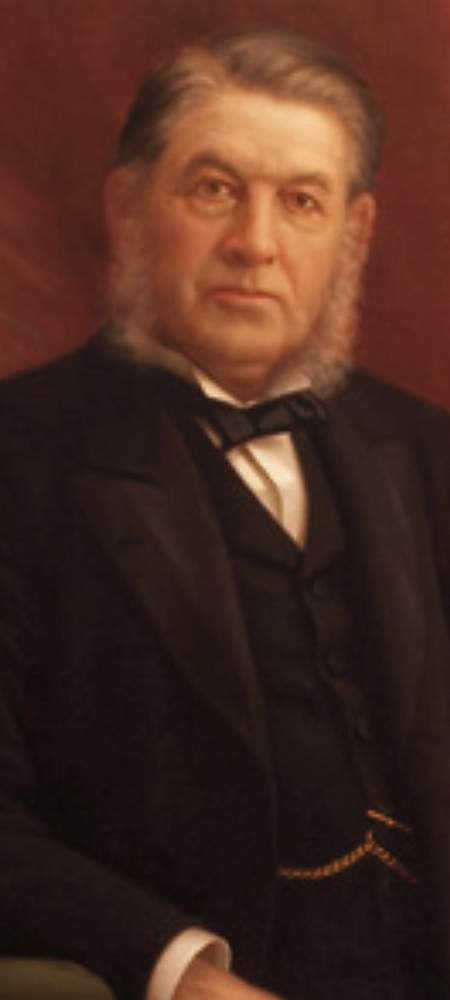Chapter
No
Charles Tupper
Charles Tupper was the shortest-serving prime minister in Canadian history, a fact he greatly resented. An accomplished Canadian statesman with over 40 years of political experience, he seemed like the perfect guy to lead the country — at least on paper. But he never got much of a chance, and was voted out of office a mere 70 days after assuming it.
Tupper was a wealthy and respected Nova Scotia doctor and a loyal, pro-establishment Tory. Elected to the Nova Scotia legislature in 1855, he rose through the ranks and became prime minister of the colony in 1864. He was one of several prominent politicians to champion the idea of forming a federal union to govern all of Britain’s colonies in North America, and played a leading role in negotiating of the confederation deal of 1867, which instituted the modern Canadian Constitution. For this contribution to nation-building, Tupper is now celebrated as one of Canada’s founding “Fathers of Confederation.”
Elected to the first-ever Canadian federal parliament some months later, Tupper served as a close ally of Prime Minister John A. Macdonald (1815-1891) and held numerous important cabinet posts in his administration. As a reward for his service, Prime Minister Macdonald appointed Tupper high commissioner (ambassador) to England 1883. Since Tupper was out of the country when Macdonald died a few years later, he was robbed of a chance to serve as his immediate successor.
When Tupper did eventually return to Canada, the year was 1895 and the country had gone through three post-Macdonald prime ministers already. Tupper was finally appointed PM by the Conservative Party following the disastrous reign of Mackenzie Bowell (1823-1917), but by then it was too late. An election had to be called, and Tupper was crushed by Liberal leader Wilfrid Laurier (1841-1919) in a bitter campaign fought mostly over religion and ethnicity.
Tupper hung around as Conservative leader for four more years and fought a rematch with Laurier in the 1900 election before retiring from politics in 1901. He died in 1915 as one of the last surviving members of Canada’s clique of founding fathers.
